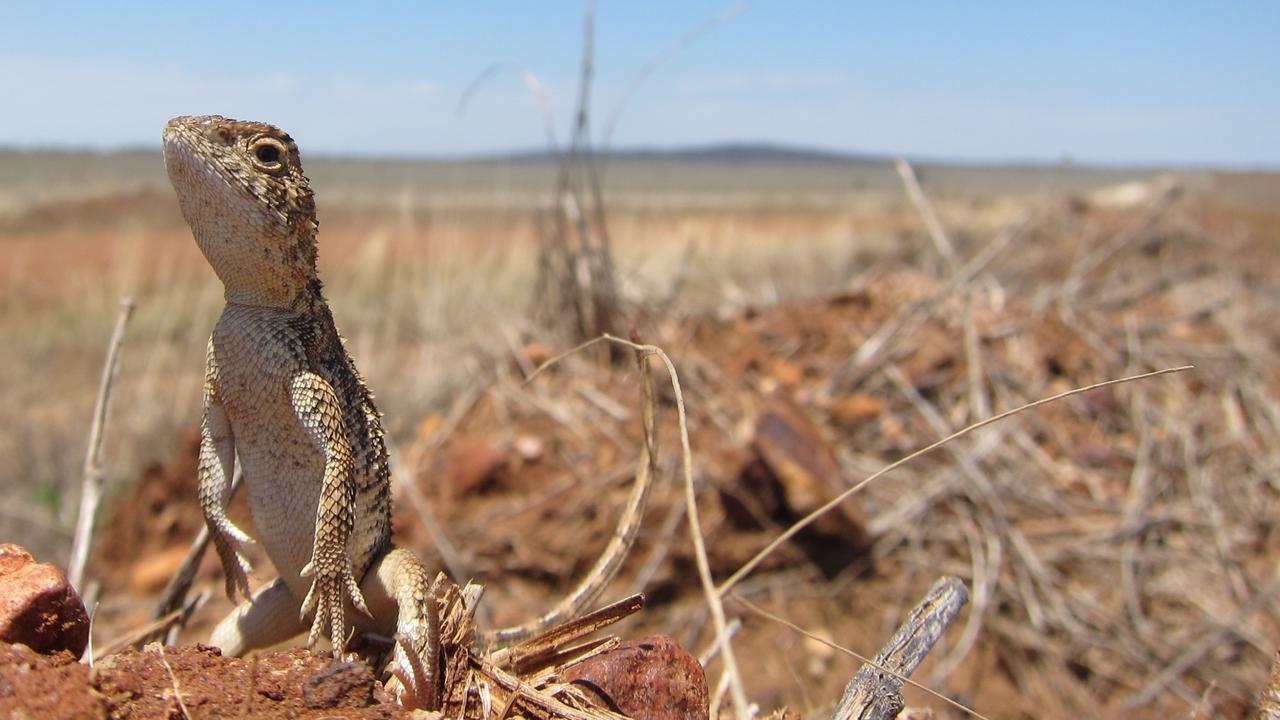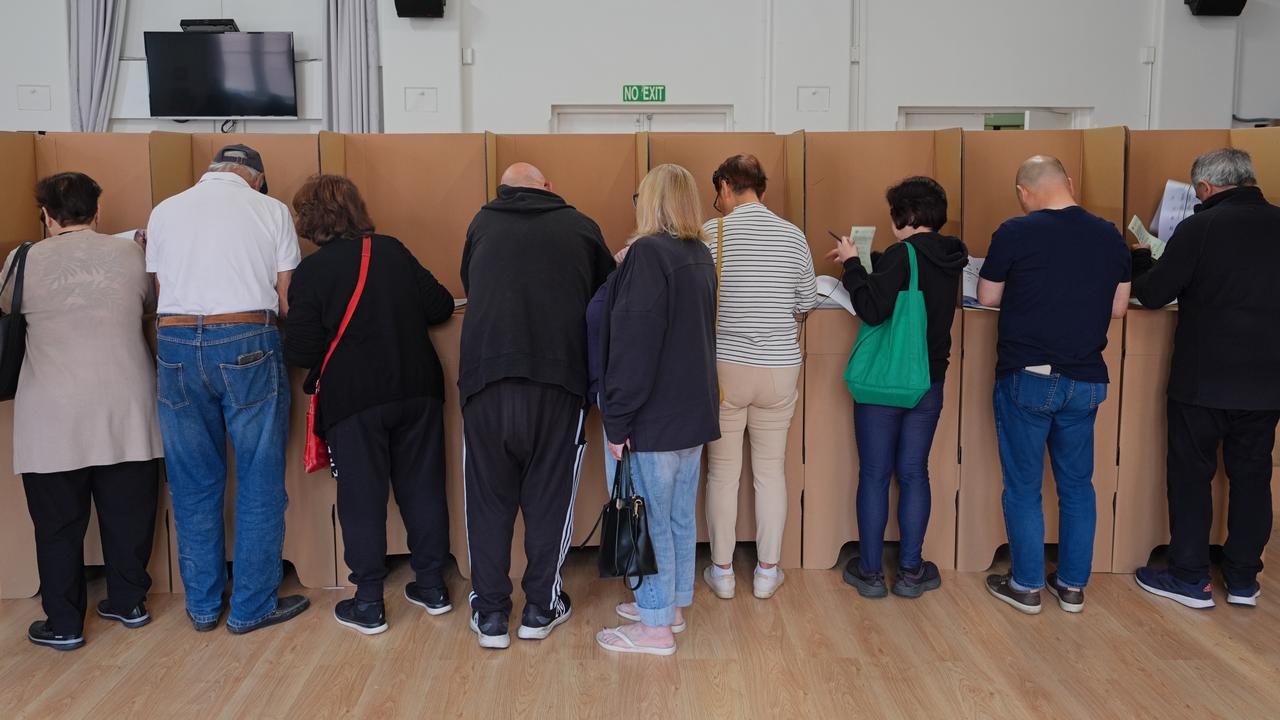Allan government drops ban on victims of youth crime from having say in parole decisions
A ban on victims of crime from having a say over whether young offenders are released on parole has been dumped from the Allan government’s Youth Justice Bill, it can be revealed.

Victoria
Don't miss out on the headlines from Victoria. Followed categories will be added to My News.
The Allan government has backflipped on plans to ban victims of youth crime from having a say over whether young offenders, including murderers and rapists, are released on parole.
In a major win for victims the government dropped a clause explicitly prohibiting the Youth Parole Board from considering the views of victims of crime when determining parole decisions from its landmark Youth Justice Bill.
The about face, which comes days after the Herald Sun revealed the planned snub to victims, will now force the Youth Parole Board to consider the views of victims of crime when deciding whether to grant young offenders early release.
Shadow youth justice spokesman Brad Battin welcomed the move saying “victims should never be silenced when it comes to the justice system — including in parole decisions”.
“After the Herald Sun highlighted a major flaw in the youth justice bill forcing the parole board to ignore victims, we were pleased to force the Allan Labor government in parliament to backflip and protect all victims’ voices in the future,” he said on Friday.

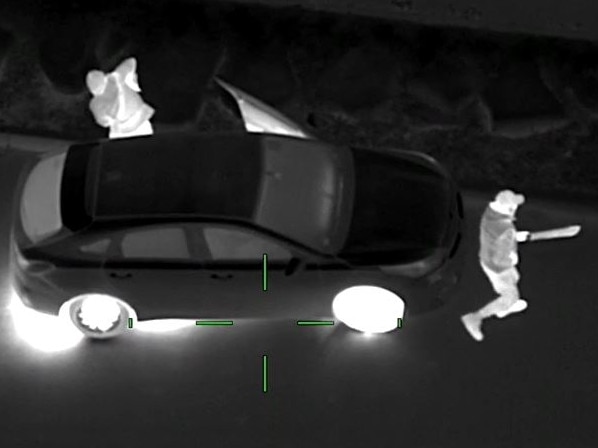
The government’s 942-page bill passed parliament’s upper house with an absolute majority shortly after 1.30am on Friday following a marathon sitting of parliament in which hundreds of amendments were considered and voted on.
It means Victoria is a step closer to the age of criminal responsibility increasing from 10 to 12.
The bill is now expected to sail through the lower house when parliament returns later this month.
The age of criminal responsibility will be formally raised to 12 once the bill is given royal assent and on that day any outstanding criminal cases involving 10 and 11 year olds will be dropped.
There are currently no 10 or 11-year-olds in remand or serving a sentence order in Victoria, but any would be released on that day.
Offences committed by 10 and 11-year olds in the last year made up around 0.1 per cent of all offences, according to government data.
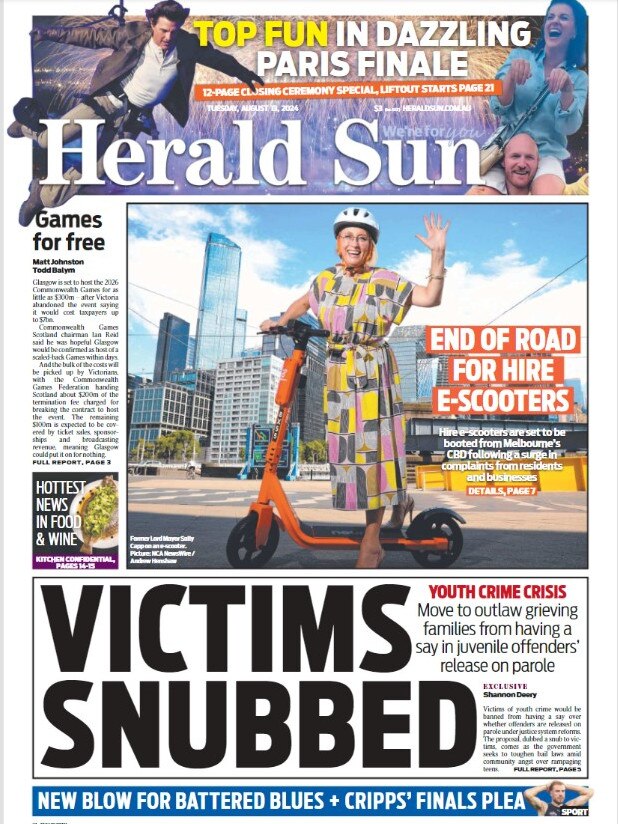
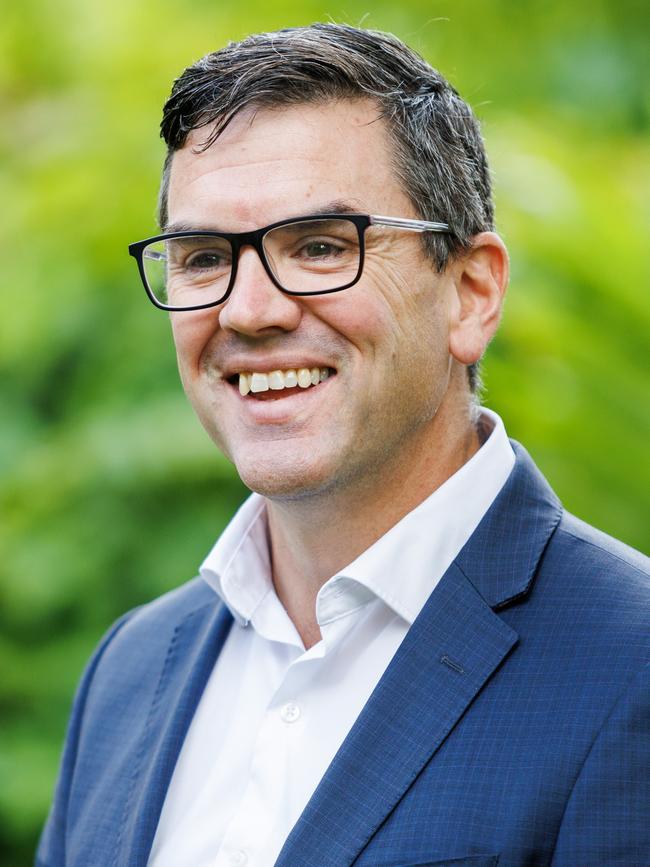
Under the reforms a legislated scheme for warnings, cautions and early diversion will encourage police to avoid charging children.
At the same time, an additional Children’s Court magistrate will be appointed to help deal with a surge in repeat offending by up to 200 children.
Electronic monitoring will also be legislated as an optional bail condition for children.
And the doli incapax principle — that dictates the presumption that a child aged 10 to 14 is incapable of criminal intent — will also be written into legislation.
Cabinet met on Monday to sign off on a number of amendments to the original bill amid increasing community pressure to wind back plans for a widespread overhaul of the youth justice system.
Youth Justice minister Enver Erdogan said the bill would create a modern framework to respond to the evolving landscape of youth offending in Victoria.
“It enhances the best aspects of the current system while providing a broader spectrum and more effective responses at both ends of offending,” he said.
“This includes diverting young people away from the criminal justice system before their behaviour becomes dangerous and enforcing more serious and tailored consequences for serious and repeat offenders.
“At their core, the reforms in this bill are about improving community safety.
“Keeping the community safe is a top priority of our government. Victoria already gets a lot of things right when it comes to youth justice, and this legislation will do more of what we know works.”
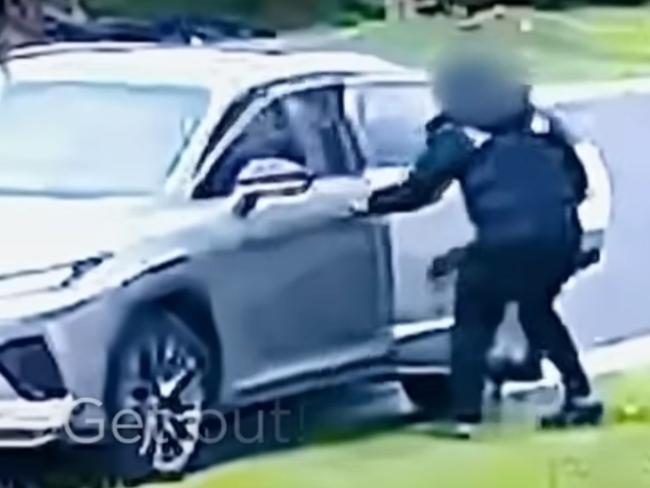
Former premier Daniel Andrews had originally committed to raising the age of criminal responsibility to 14.
But Jacinta Allan this week announced the government would not go that far, in a move that is understood to have split her caucus.
“This decision has been made at a different time by a different government and a different premier,” she said.
The youth parole board, which makes decisions concerning the granting of parole, variation or cancellation of parole and transfers between jurisdictions, paroled 70 young offenders in 2022-23 according to its latest annual report.
It also cancelled the parole of 30 youths who failed to comply with strict conditions of their early release.



